
Please check back regularly for information on our events or others related to Lwów:
Drodzy Członkowie, Sympatycy, Przyjaciele
Wieczór Przyjaciół Lwowa
Sobota 11. Pażdziernika 2025
POSK, Sala Malinowa, godz. 15.00, Wstęp: £ 20
Ciekawy program + Bufet na modłę lwowską + inne atrakcje
***********************************************************
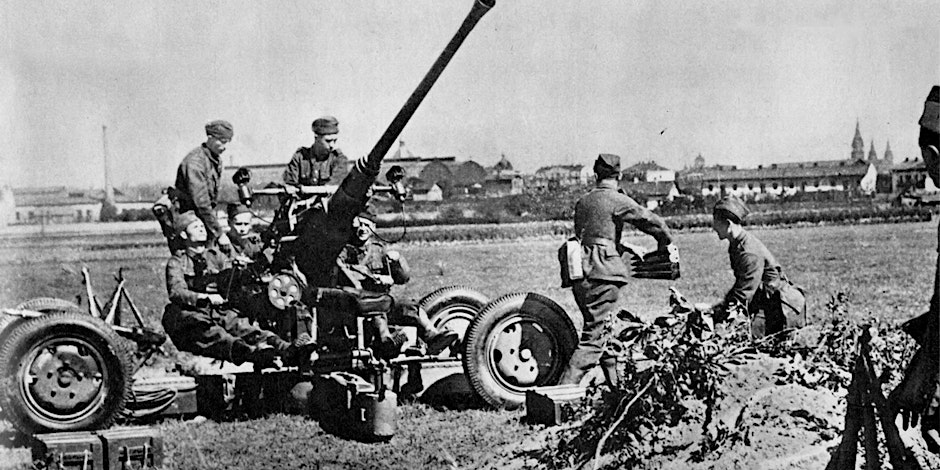
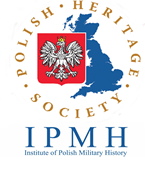
The Defence of Lwów 1939 Dr. Andrzej Suchcitz,
15th February 2025, 3:30pm
A talk covering the The Battle of Lwów – a World War II battle for control of the Polish city of Lwów between the Polish Army & the invading Wehrmacht Army. Lwów was seen as the key to the so-called Romanian Bridgehead and needed to be defended at all cost.
To attend please register via this eventbrite link
Dr Andrzej Suchcitz studied at London University of London (School of Slavonic and East European Studies), specialising in modern Polish History, awarded an M.A in 1981. In 1983 he became Deputy Director of the Archives at the Polish Institute and Sikorski Museum in Kensington, London. In 1989 he became the Keeper of the Archives and joined the Councils of various Polish Historical Councils. In 2004, he studied in Poland obtaining a Ph.D in humanities in Częstochowa and at the Jan Długosz University of Humanities and Sciences. He holds key positions in Polish Historical and Scientific Organisations in the UK. He is a member of the Archival Heritage Council and Chairman of the Council of the Polonia Aid Foundation.
***********************************************************
Spotkanie: Promocji Książki
“Jan Kazimierz Pirożyński, Czas wojny i emigracji“
Autor: opracowanie i wstęp: Bernard Nowak
2 III 2025 – Sala Malinowa POSK godz. 17.00
p. Bernard Nowak ( dyr. Wyd. TEST) will speak about this latest book available from the Wydawnictwo Test publishing house. Jan K. Pirożyński ( 1903-1978) był Rolnik inz. Dublany k. Lwowa – Czlonek Koła Lwowian i Stowarzyszenie Rolnikó w w WB (zalozyciel/czl/ prezes).
Serdecznie zapraszamy – Do zobaczenia
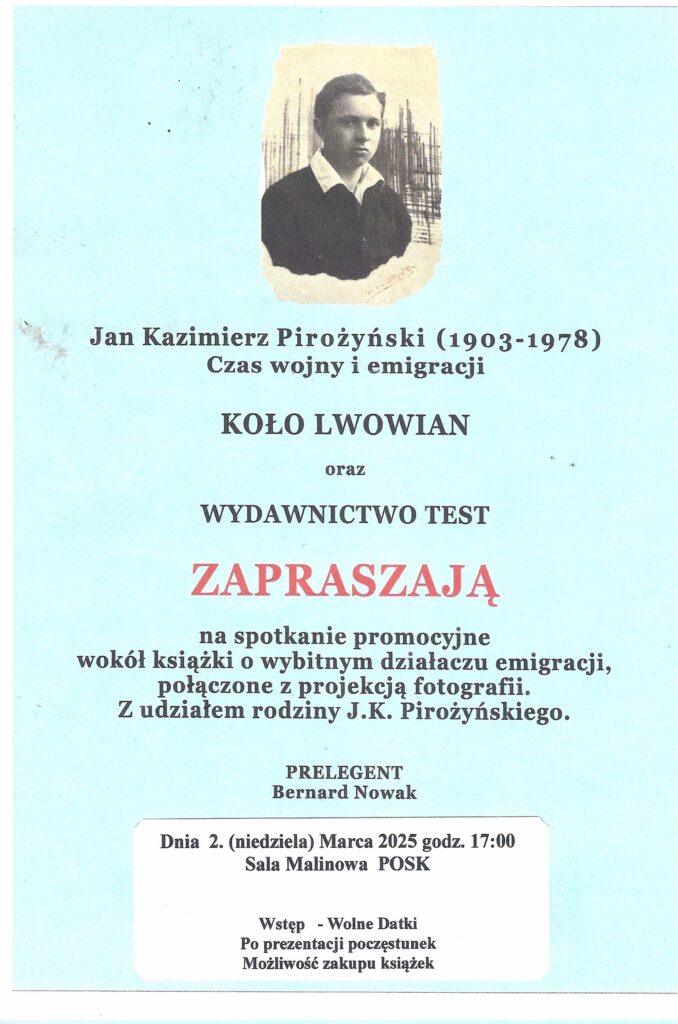
About the Book:
Jan Kazimierz Pirozynski was born on April 12, 1903 in Lwów. He graduated from the Faculty of Agriculture and Forestry of the Agricultural Academy in Dublany near Lwów. with the title of agronomist engineer (farmer). While a high school student, in 1919 he took part in the Polish-Ukrainian war. In 1920 he took part in the Polish-Bolshevik war in the ranks of the 2nd machine gun company of the 240th Infantry Regiment of the Volunteer Army. In the trenches he contracted polio, which left him disabled for life. Before 1939 he worked in the District Land Office in Lwów, in the District Agricultural Society in Przemyśl, later as an agricultural engineer in the district departments in Rawa Ruska and in Żydaczów, where he was a district agronomist until 1939. After the outbreak of World War II, in December 1939, he was arrested by the Soviets. He was imprisoned in Zhydachiv and Stryj, then transported deep into the USSR and sentenced to 8 years of forced labor. He was imprisoned in Starobelsk, then deported to gulags in the Arkhangelsk forests. After signing the Sikorski-Mayski pact, he regained his freedom as a result of an amnesty in 1941. Then, as a delegate of the Polish embassy in exile, he was assigned to Aktoubinsk and worked in the field of care. He was later arrested again, after which he was criminally expelled from the USSR in November 1942. Then he joined the Polish Army in the East, in January 1943 in Tehran, with which he went through the Middle East, after which he joined the air force and on June 23, 1944 he arrived in Great Britain. Until the end of the war he served in the Polish Air Force.
At the end of 1945 he was assigned to the Infantry Training Center in Crieff. He became a lecturer at the agricultural school in Auchterarder, where he published three textbooks: Principles of animal breeding, Principles of feeding domestic animals, and Cattle breeding). Then he lectured at courses for soldiers, being a manager at Findo Gask and Foxley. In January 1949 he joined the Polish Horticultural Company “Agricraft” Trading Society Ltd. in Kent, serving as secretary and farm manager. In 1950 he became a lecturer at the Polish Agricultural School in Glasgow, of which he was the director until its dissolution in 1952. The above-mentioned functions did not exhaust the social and professional activities of Jan K. Pirozynski. Until his retirement he worked in the laboratory at the Department of Chemistry at Borough Polytechnic. He also collaborated with “Zeszyty Lwowskie”, in which (no. 5/1974) he announced the work Akademia Rolnicza w Dublany, published articles in “Biuletyn Lwowski.” He was married to Wanda, with whom he had a daughter, Teresa, and a son, Krzysztof (PhD in paleomycology). Eng. Jan Kazimierz Pirozynski died in London on October 5, 1978.
***********************************************************
List Arcybiskupa Mieczysława Mokrzyckiego
do członków Koła Lwowian
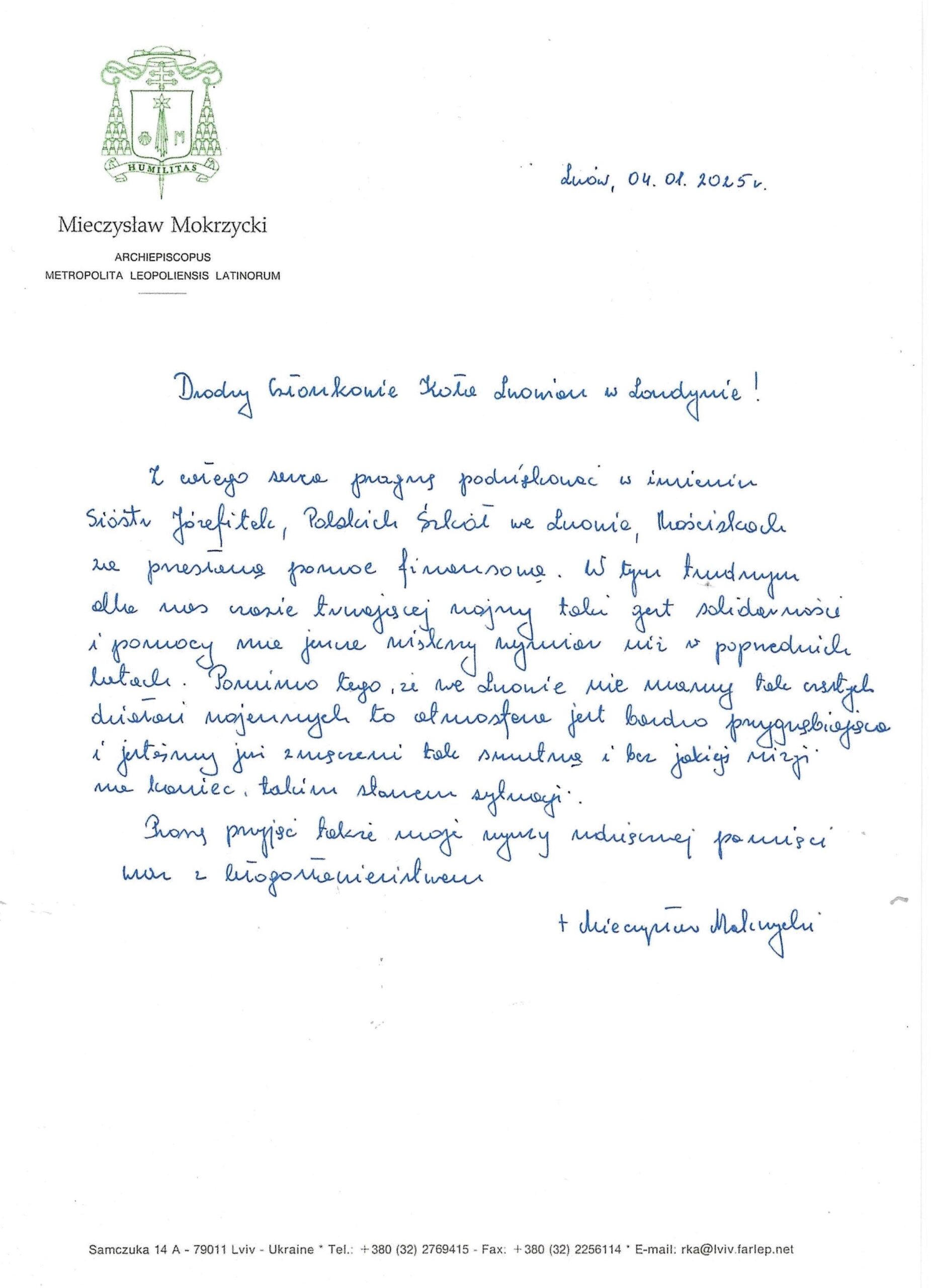
***********************************************************
The latest edition of Lwów i Kresy has now been sent out to members and subscribers.
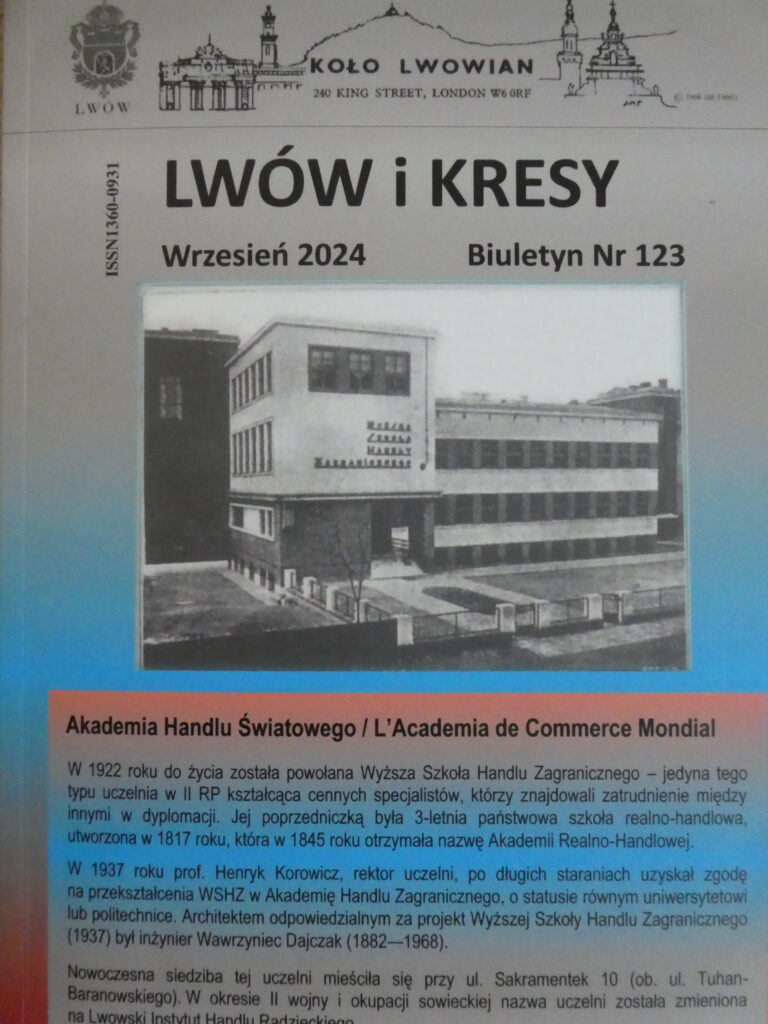
***********************************************************
Po frekwencyjnym sukcesie zeszłorocznej wystawy lwowskiej rzeźby rokowej, czas na drugą odsłonę, a zarazem jej kontynuację! Tym razem zapraszamy na prezentację arcydzieł pochodzących z kościoła w Horodence, zatytułowaną „Emocje. Lwowska rzeźba rokokowa” na Zamku Królewskim na Wawelu
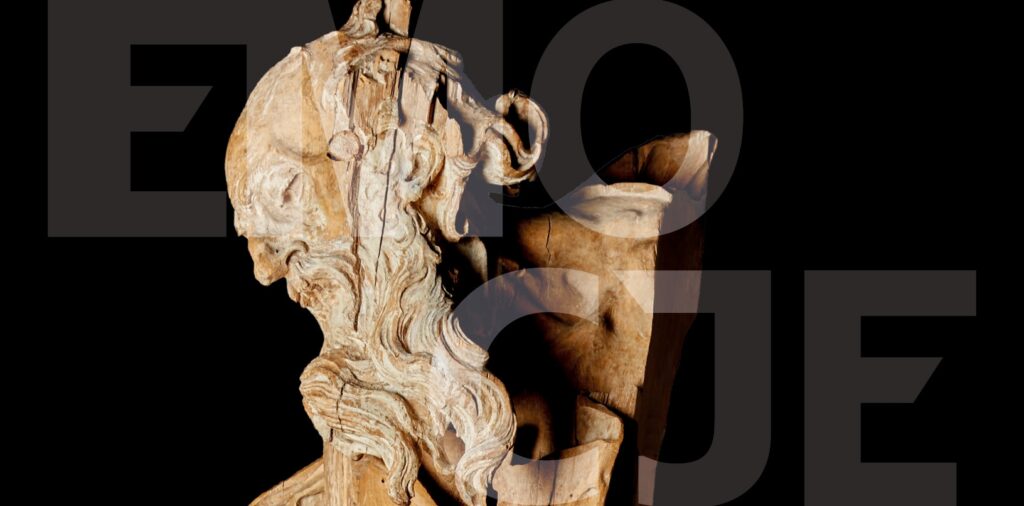
***********************************************************
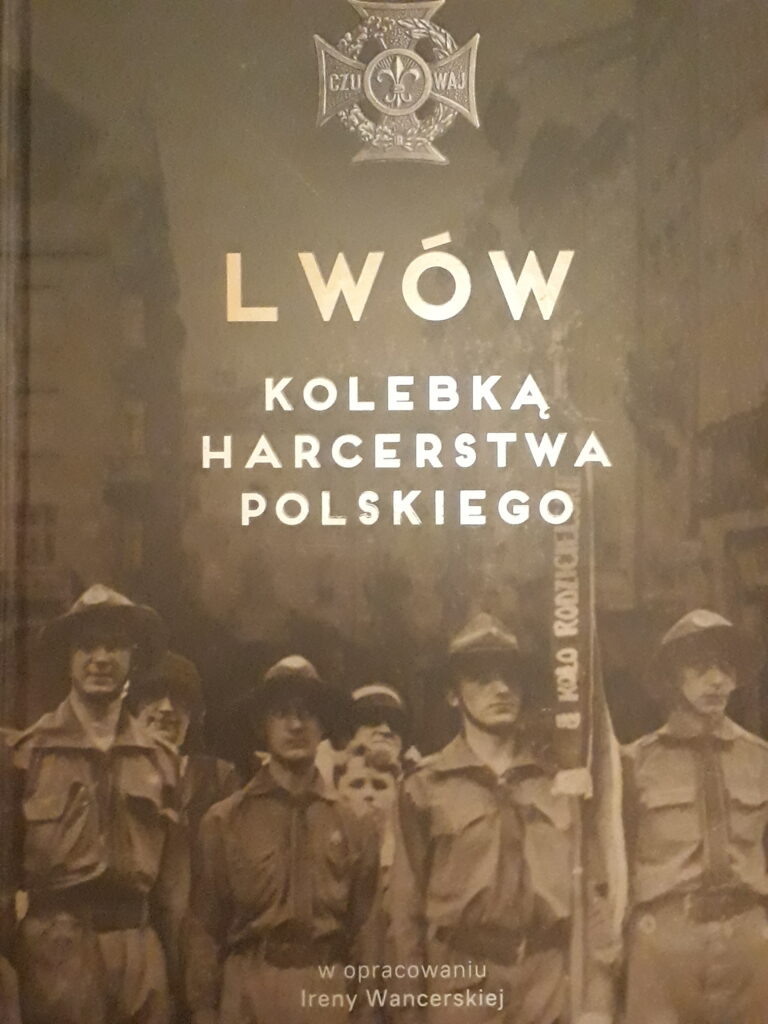
Twarda okładka, kolorowe zdjęcia na 191 stronach są teksty o początkach harcestwa polskiego oraz jego związkach ze skautingiem angielskim. Są listy Andrzeja Małkowskiego oraz lorda gen. Roberta Baden-Powella, jest o przyjaźni Olgi Małkowskiej i angielskiej arystokratki, córka pary prezydenckiej na uchodźtwie Jagoda Kaczorowska napisała o harcerstwie światowym, a Irena Wancerska pisze o odrodzeniu harcerstwa po upadku komunizmu na Lwowie.
